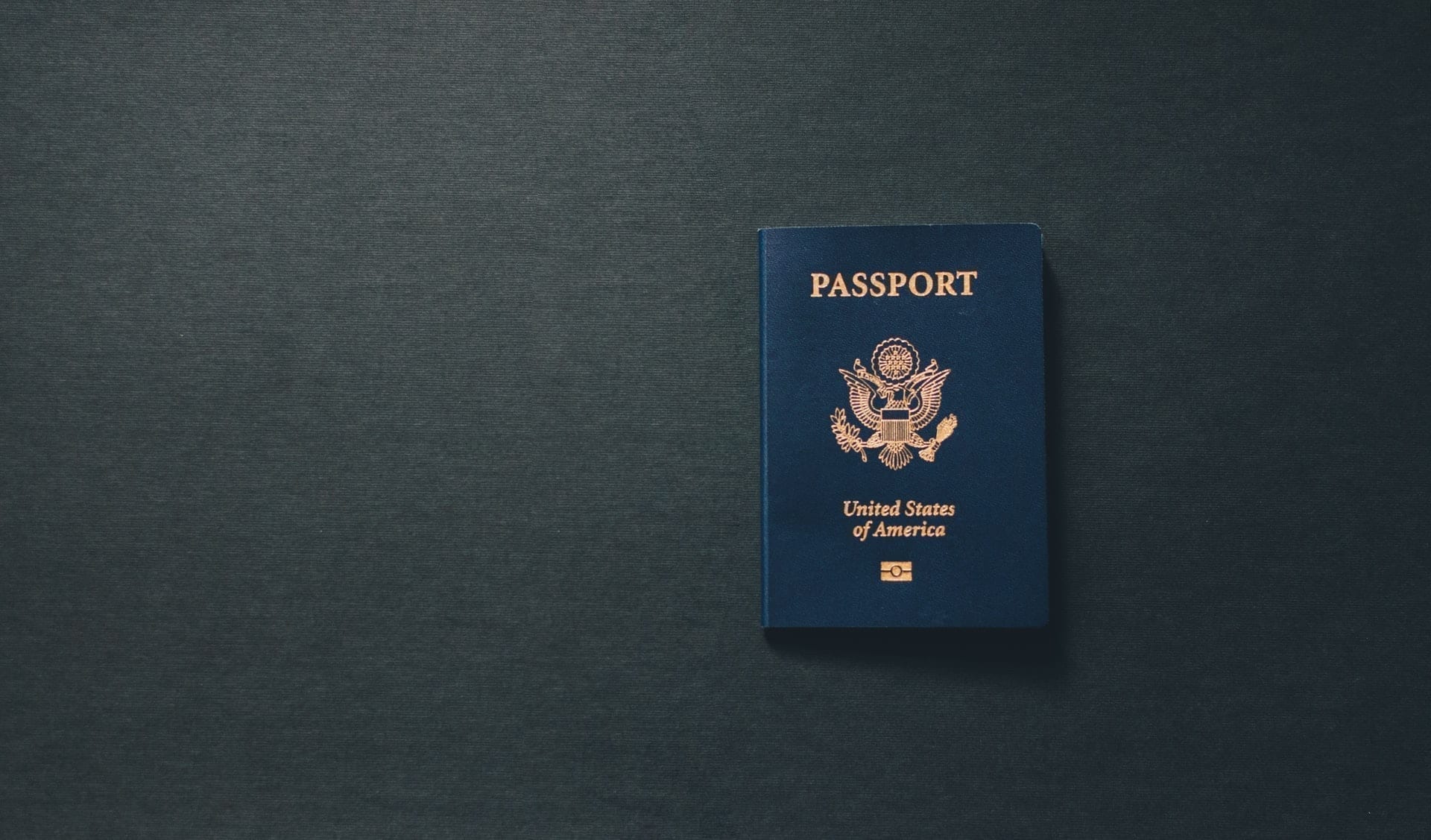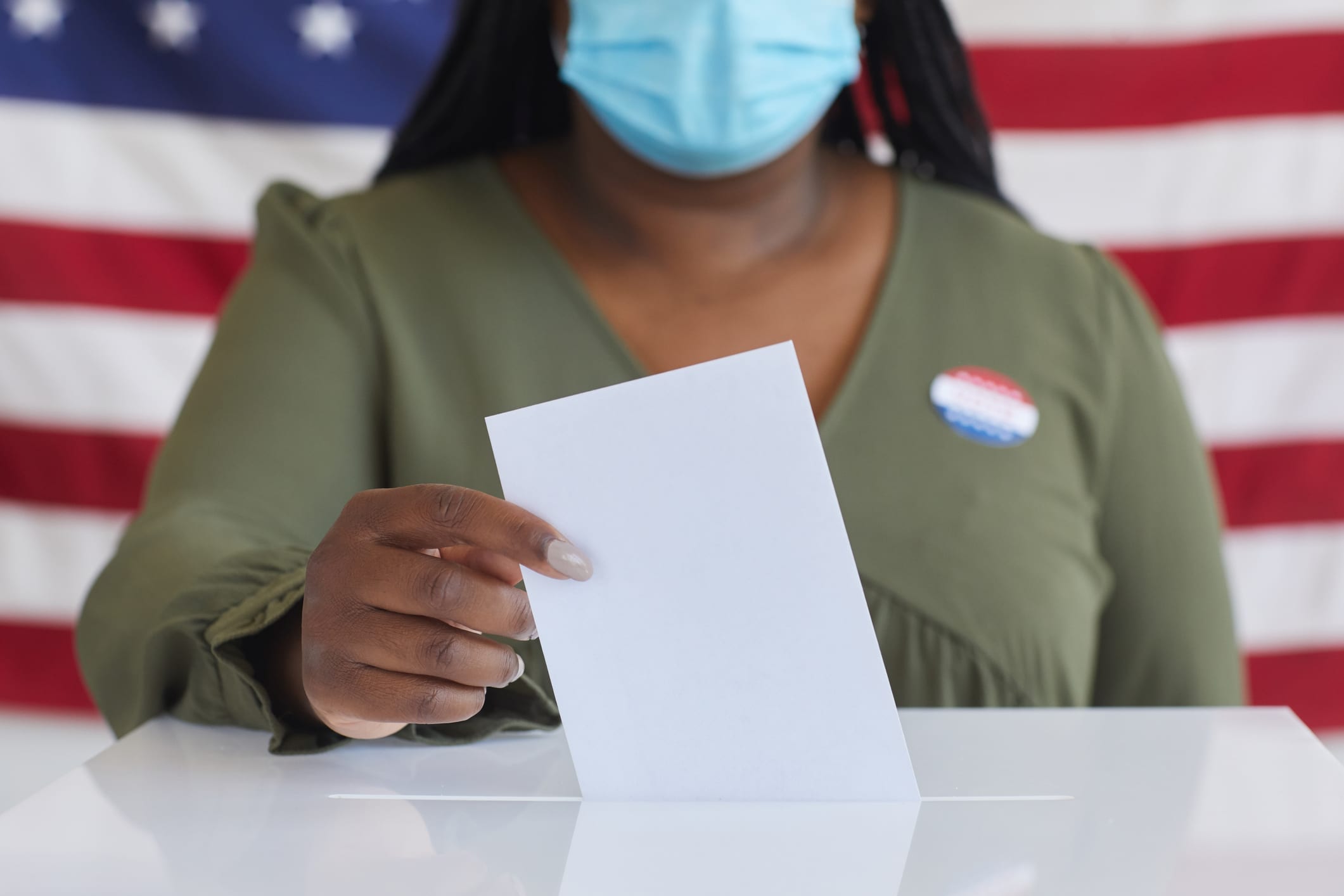Anyone who has spent time in prison knows that the punishment extends far beyond your time behind bars. Even after release, you can have trouble finding a place to live and work. You might have trouble getting the money you need to pay fines and costs in your case. You may find that some people just treat you differently because of your record. And you can even lose access to some of the rights you had before you went to prison. What can you do to have your civil rights restored after a felony conviction?
What rights are impacted when you get convicted of a felony?
If you get convicted of a felony, there are several rights that are limited automatically. The impact of a felony conviction depends on the laws of the state where you are located, but there are a few common examples.
- The Right to Bear Arms. If convicted of a felony, you may have your right to own a gun taken away permanently or seriously restricted. If police catch you with a gun, you can face new charges. You can face longer prison sentences because you had a gun, too. In fact, if someone else like a friend or family member gives you a gun, they can face charges as well.
- The Right to Vote. Your right to vote may also be limited or taken away after a felony conviction. This is known as felony disenfranchisement. Nearly all of the states in the U.S. take away or limit your right to vote while you are in prison. In fact, many limit your right to vote after release, too. This means that more than 5 million people can’t vote as you read this.
- The Right to Travel. You can get a passport with a felony on your record. But some countries may not issue visas to people with a felony on their criminal record.
In addition to these rights, a felony conviction can impact many other parts of your life, too. Officials may stop you from serving on a jury. You may also be unable to run for political office. In addition, you might lose your parental rights, lose access to certain benefit programs and face discrimination.

What can you do to have your rights restored?
When you leave prison, you’ll want to have your rights restored after a felony conviction. Whether this is possible depends on which state you are in. Your location also controls what steps you have to take to have your rights restored.
Some states automatically restore your rights after you leave prison. Other states automatically restore your rights as well, but they only do so after parole or after you pay your fines or restitution. Fines and restitution can often be thousands of dollars. As a result, your rights may not be restored for a long time (and sometimes ever). In other states, you may have to file an application to restore your rights.
This process gets more complicated if you want to own a gun. There may be a very strong fight for gun rights in the U.S. But very few people fight for the gun rights of those with a felon on their record. To restore the right to possess a weapon, including a gun but also others, you may have to seek permission from a court. Some states even require that you file an application for every felony on your record.
The Takeaway:
You maintain your rights after a felony conviction. But obstacles may keep you from exercising them after release. These limits impact your right to vote, own a gun and more. To have your civil rights restored after a felony conviction, you need to research the laws in your state. Sometimes restoration is automatic, but other times it involves a complicated application process.






